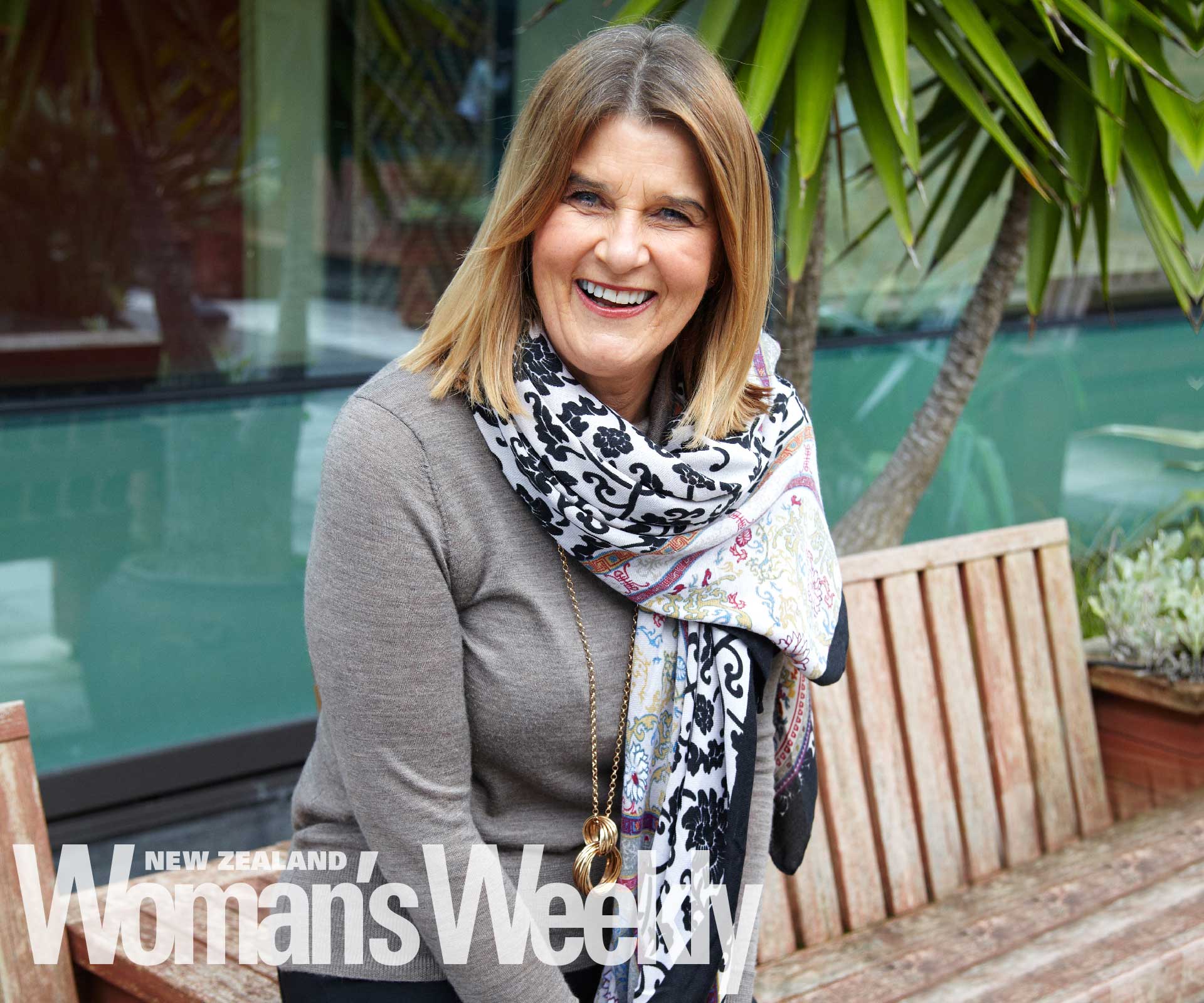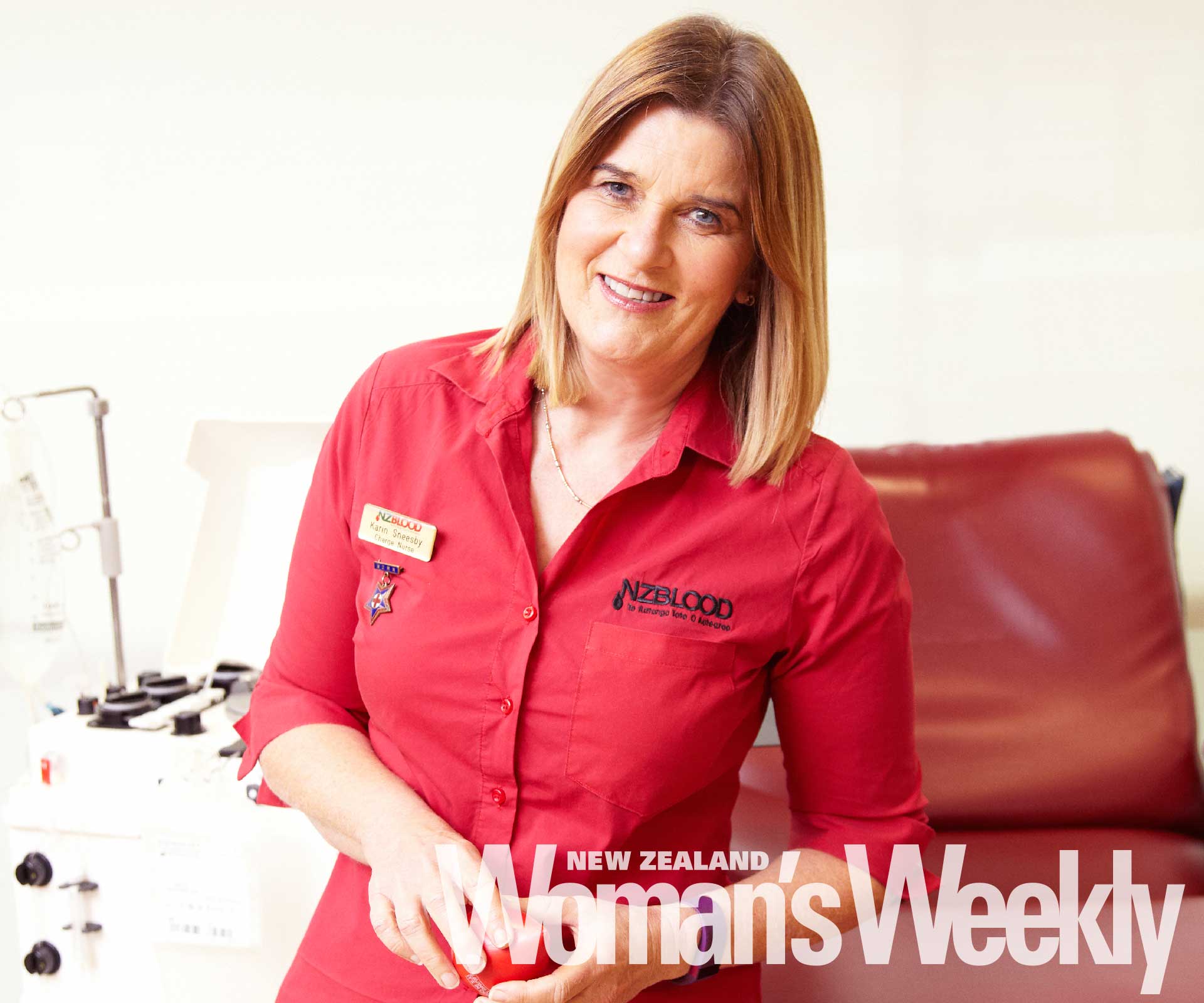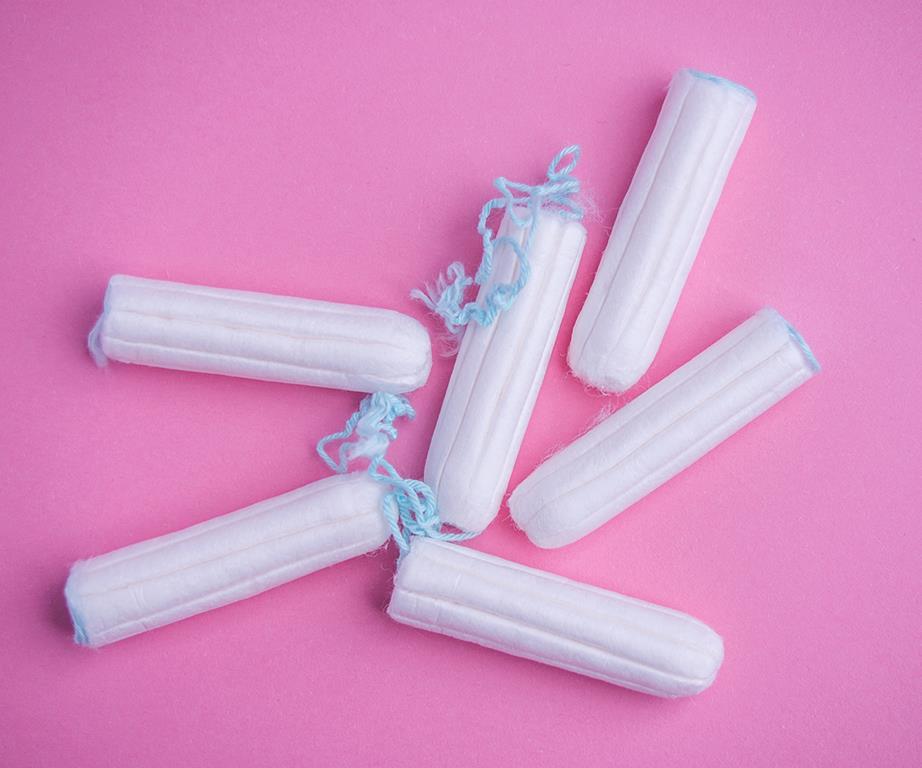“Working as a nurse for the past four decades, I have long dealt with blood and know its importance as a life-saving product. I’ve been aware that anyone, anywhere and at any time may require blood. No-one can look into a crystal ball and think they will never need blood.
Unfortunately, I learnt this from first-hand experience.
Some 28 years ago, I was reminded just how crucial blood is. Back then, I was a keen half-marathon runner and I was out jogging in the forest close to my home in Rotorua when I started to feel cramping in my stomach.
I managed to make it home but the pain worsened overnight. After a visit to the GP, it was recommended I go to hospital.
As a nurse, I naturally wondered what might be causing the pain. I thought it may have been a burst appendix or an ovarian cyst, yet nothing could prepare me when I was told I suffered a ruptured ectopic pregnancy.
I didn’t even know I was pregnant. It was only early days, but it was nasty and I was taken into theatre.
During surgery, I suffered a large haemorrhage in the abdomen – which is not uncommon during such an operation – and I lost 1.3 litres of blood. The loss needed to be quickly replaced and I was given two life-saving transfusions.

I don’t want to over-dramatise what happened, but looking back, it brought home to me the importance of blood.
Within three days, I had left the hospital and I was back jogging again within a month. I was lucky.
Since that incident nearly three decades ago, I have divided my time between Australia and New Zealand with my husband Adrian and further developed my nursing experience in a range of roles, from acute care to nurse education and operations.
I returned to New Zealand two-and-a-half years ago after a period working in Queensland and I became attracted to a new position as charge nurse with the New Zealand Blood Service, based out of the central Auckland suburb of Epsom.
As someone who had regularly given blood all my adult life, the operational role appealed as it involves overseeing staff management, upholding professional nursing standards and maintaining blood product safety.

Throughout my time in acute nursing, I have dealt with a lot of blood products and regularly contacted the blood banks. I found it fascinating to work at the other end of the spectrum – from the donation through the processing, then delivery to the blood bank.
The role was totally different from what I had done before. It was refreshing to deal with people who come in voluntarily to donate and to interact with well people rather than sick people.
I’m based as a charge nurse for the Northern region and oversee everywhere from Kaitaia in the far north down to Pukekohe – the town where I live – and although the position can be demanding because the service taps into businesses and high schools, it can also be hugely rewarding.
My role is to make sure donors have a great experience and the staff are receptive to their needs – even down to the obligatory post-donation cup of tea and chocolate biscuit.
Everyone always assumes that blood is available, but blood is not something we can make out of rainfall. It is only readily available thanks to the generosity of the New Zealand public.”
How many blood donors does New Zealand have?
Currently, New Zealand has 109,945 blood donors, who donate 168,000 units of blood every year.
Where can I give blood?
There are nine fixed donor centres in New Zealand and more than 360 blood drive locations across the country.
What is the process for giving blood?
Book an appointment through the app 0800 GIVE BLOOD or the NZ Blood website.
On the day, make sure you are hydrated and have eaten something in the last four hours. On arrival, you’ll be asked to complete a health questionnaire and have your haemoglobin levels checked.
Then it will be on to the donation bed, where a single- use, sterile needle is inserted into an arm vein. The donation process will take 5-10 minutes.
Is it true there are three types of blood collection?
Yes, there is “whole blood donation”, which is the first donation all donors give. This can be split into red cells, plasma and platelets, which is why we say one donation can save up to three lives.
For more information, visit nzblood.co.nz.
Words: Steve Landells
-Remelyn-Dayoc--Soyoung-Choi-Maxwell-and-Aiko-Nishimura.jpg)
.jpg)
